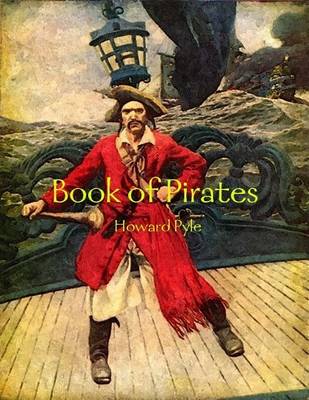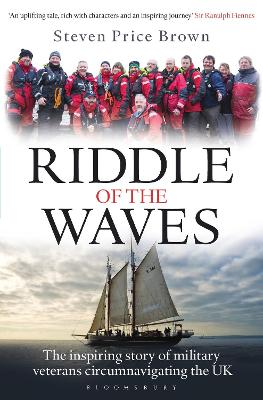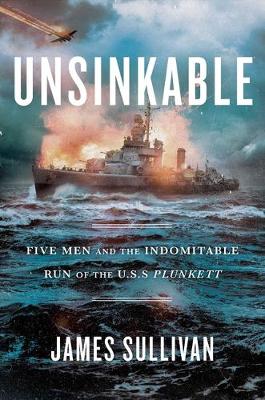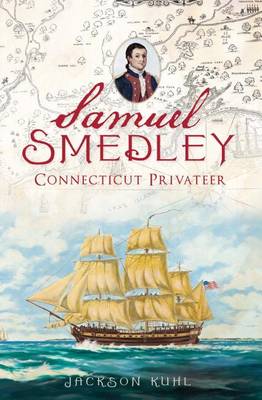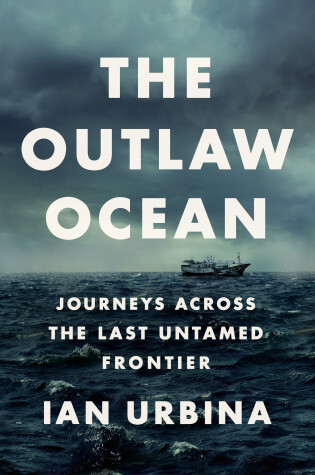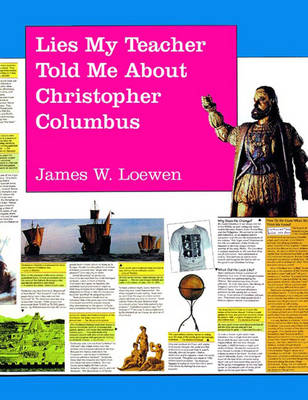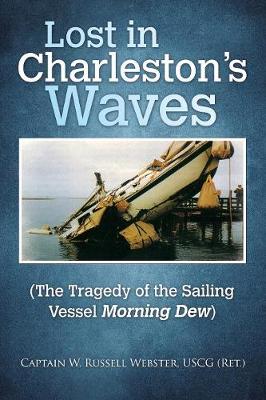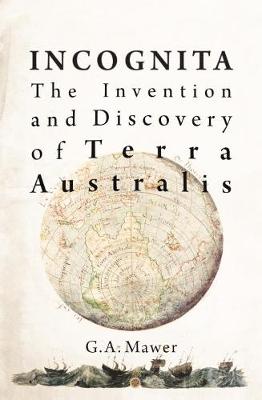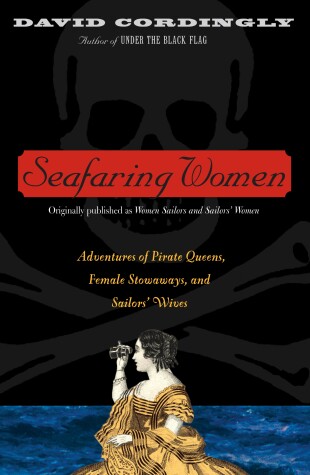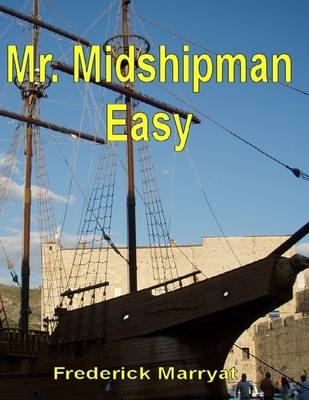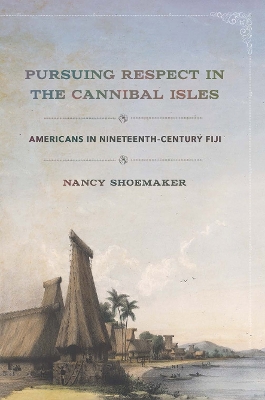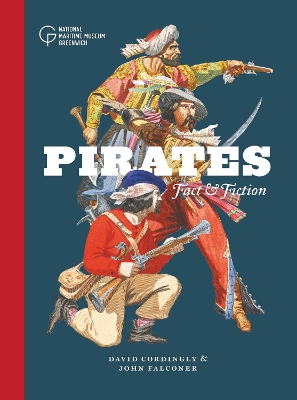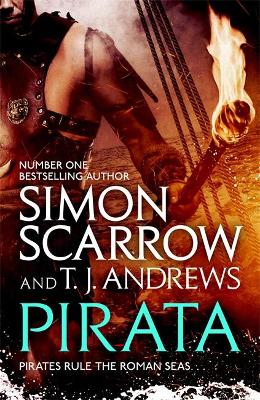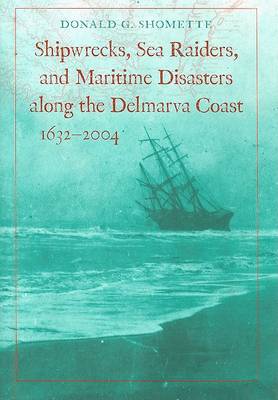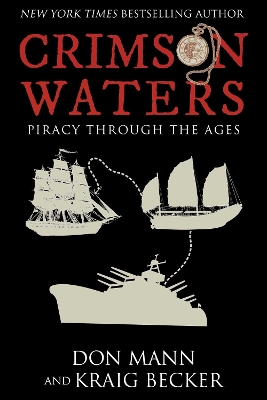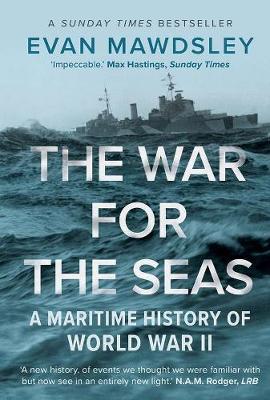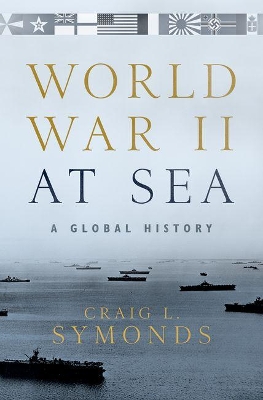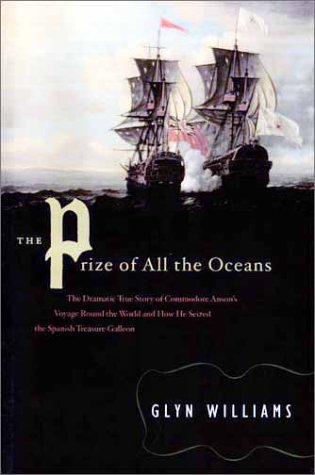Book of Pirates by Howard Pyle; Illustrated by Howard Pyle, 1903. Pirates, Buccaneers, Marooners, those cruel but picturesque sea wolves who once infested the Spanish Main, all live in present-day conceptions in great degree as drawn by the pen and pencil of Howard Pyle. Pyle, artist-author, living in the latter half of the nineteenth century and the first decade of the twentieth, had the fine faculty of transposing himself into any chosen period of history and making its people flesh and blood...
Afghanistan, Iraq, Kosovo, Ireland – every crewmember aboard the Spirit of Falmouth had served in one of these trouble spots, had had almost unimaginably traumatic experiences there, and then had trouble readjusting to civilian life. Some were hospitalised, others ended up living on the streets, many of them found themselves alone and isolated. This unique and inspiring account follows the Spirit of Falmouth’s June 2016 voyage around the country these men had sworn to protect. The tall ship is...
Canals hold a unique place in British culture, with associations of lazy summer afternoons, journeying through lush green countryside. But as Liz McIvor explains in the book to accompany her BBC series, the story of our canals is also the story of how modern Britain was born. It was the canals that helped open up the trade of the Industrial Revolution, furthered the new science of geology, and even ushered in a new form of architecture. The legacy of our canals is all around us. In What the Cana...
"A riveting, terrifying, thrilling story of a netherworld that few people know about, and fewer will ever see . . . The soul of this book is as wild as the ocean itself." --Susan Casey, best-selling author of The Wave: In Pursuit of the Rogues, Freaks, and Giants of the Ocean An adrenaline-fueled tour of a vast, lawless and rampantly criminal world that few have ever seen: the high seas. There are few remaining frontiers on our planet. But perhaps the wildest, and least understood, are the wo...
Lies My Teacher Told Me About Christopher Columbus
by James W Loewen
In "Lies My Teacher Told Me About Christopher Columbus," the bestselling author of "Lies My Teacher Told Me" offers a graphic corrective to the Columbus story told in so many American classrooms. First published over fifteen years ago and long out-of-print, the poster and accompanying paperback book sum up the mis-tellings--and reveal the real story--in a graphically appealing and accessible format. In vintage Loewen fashion, the poster juxtaposes short quotes from a range of high school textbo...
The southern hemisphere is mainly land. So said medieval Europeans, raised on a heady brew of folklore, biblical revelation and geographical theory. It is how they imagined it. So powerful was the hold of this received wisdom that when geographical discoveries, however insignificant, were made in the southern oceans, they were greeted as evidence that the expected continental landmasses, rich and fertile, might at last have been found. This predisposition was mercilessly exploited by writers wit...
For centuries, the sea has been regarded as a male domain, but in this illuminating historical narrative, maritime scholar David Cordingly shows that an astonishing number of women went to sea in the great age of sail. Some traveled as the wives or mistresses of captains; others were smuggled aboard by officers or seamen. And Cordingly has unearthed stories of a number of young women who dressed in men’s clothes and worked alongside sailors for months, sometimes years, without ever revealing the...
Mr. Midshipman Easy (Napoleonic Wars) (Classics Illustrated JES UK, UK74)
by Captain Frederick Marryat
Easy is the son of foolish parents, who spoiled him. His father, in particular, regards himself as a philosopher, with a firm belief in the "rights of man". As he is a rich man, his belief, which the novel presents as very foolish, is never seriously contradicted. By the time he is a teenager Easy has adopted his father's point of view, to the point where he no longer believes in private property. There are two very satiric short chapters. Easy joins the navy, becomes friendly with a lower deck...
Pursuing Respect in the Cannibal Isles (The United States in the World)
by Nancy Shoemaker
Full of colorful details and engrossing stories, Pursuing Respect in the Cannibal Isles shows that the aspirations of individual Americans to be recognized as people worthy of others' respect was a driving force in the global extension of United States influence shortly after the nation's founding. Nancy Shoemaker contends that what she calls extraterritorial Americans constituted the vanguard of a vast, early US global expansion. Using as her site of historical investigation nineteenth-century...
The Growth and Dissolution of a Large- Scale Business Enterprise (Research in Maritime History, #49)
by Gordon Boyce
The image of the pirate never fails to capture the imagination. The cut-throat sea robbers of history who plundered richly laden merchant ships are legendary. The likes of Blackbeard, Captain Kidd and Henry Morgan are romanticised and celebrated in popular culture. But fiction has taken the place of fact. Piracy was more brutal and rebellious than some of the best artistic depictions let on and in reality, few know the truth about this ruthless trade. What is the difference between a buccaneer...
Pirata: The dramatic novel of the pirates who hunt the seas of the Roman Empire
by Simon Scarrow and T. J. Andrews
The dramatic and action-packed novel of Roman pirates from the bestselling author of the Eagles of the Empire seriesIt is AD 25. Pirate ships strike terror in the hearts of those who brave the seas of the Roman Empire. When Telemachus joins the crew of the merchant ship Selene, he's glad to escape the rough streets of Piraeus. He knows little of the dangers of life at sea. Even past hardship has not prepared him for the terror on board when a pirate ship appears. The fight is bloody, but the re...
Shipwrecks, Sea Raiders, and Maritime Disasters along the Delmarva Coast, 1632-2004
by Donald G. Shomette
Nor'easters, blizzards, and hurricanes. Spanish galleons, German U-boats, and presidential yachts. Pirates and privateers. The ephemeral and deadly nature of islands, dunes, inlets, and shoals. The history of the Delmarva Peninsula's Atlantic coast is rich with tales of fantasy and adventure, heroism and tragedy, greed and charity. Claiming more than 2,300 vessels since 1632, it rivals North Carolina's Outer Banks for the infamous title "The Graveyard of the Atlantic." Maritime historian Donald...
A Commerce of Knowledge tells the story of three generations of Church of England chaplains who served the English Levant Company in Syria during the seventeenth and eighteenth centuries. Reconstructing the careers of its protagonists in the cosmopolitan city of Ottoman Aleppo, Simon Mills investigates the links between English commercial and diplomatic expansion, and English scholarly and missionary interests: the study of Middle-Eastern languages; the exploration of biblical and Greco-Roman an...
A New York Times bestsellling author separates history from myth from the Pharaohs to Blackbeard and Captain Kidd to today. Soon after the first maritime trade routes became operational, seafaring bandits appeared to prey upon the cargo, crews, and ships of others. Crimson Waters traces the history of piracy around the globe, stretching back from its roots in 2500 BCE, through the Golden Age of Piracy in the 17th and 18th centuries, and up to the modern-day pirates who still threaten boats al...
This book presents intimate, engaging, and largely untold portraits of Western lives and livelihoods in Japanese and Chinese treaty ports, as well as in the British colonies of Hong Kong, Australia and New Zealand, during the 19th century. It does so by examining how Westerners 'chronicled' their overseas lives in personal letters, diplomatic dispatches, business records, and academic papers. By utilizing these rich but often overlooked sources, Chronicling Westerners in Nineteenth-Century East...
A bold and authoritative maritime history of World War II which takes a fully international perspective and challenges our existing understanding Command of the oceans was crucial to winning World War II. By the start of 1942 Nazi Germany had conquered mainland Europe, and Imperial Japan had overrun Southeast Asia and much of the Pacific. How could Britain and distant America prevail in what had become a "war of continents"? In this definitive account, Evan Mawdsley traces events at sea from...
Cape St. George Lighthouse and Apalachicola Bay (Images of America) (Images of America (Arcadia Publishing))
by James L Hargrove
Author of Lincoln and His Admirals (winner of the Lincoln Prize), The Battle of Midway (Best Book of the Year, Military History Quarterly), and Operation Neptune, (winner of the Samuel Eliot Morison Award for Naval Literature), Craig L. Symonds has established himself as one of the finest naval historians at work today. World War II at Sea represents his crowning achievement: a complete narrative of the naval war and all of its belligerents, on all of the world's oceans and seas, between 1939 an...
In September 1740 Commodore George Anson set sail from Spithead with a six-vessel British warship expedition. His orders were to sail around the world, rout the Spanish fleet, and seize "the great galleon that made the annual voyage from Acapulco to Manila...laden with Peruvian silver, the prize of all the oceans". Anson did achieve this goal, but at a great price: only one of his squadron, the flagship Centurion, completed its mission. The other vessels were wrecked, scuttled, or forced back in...
